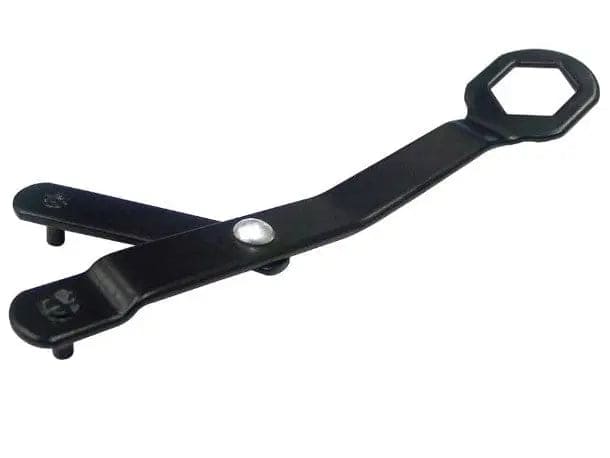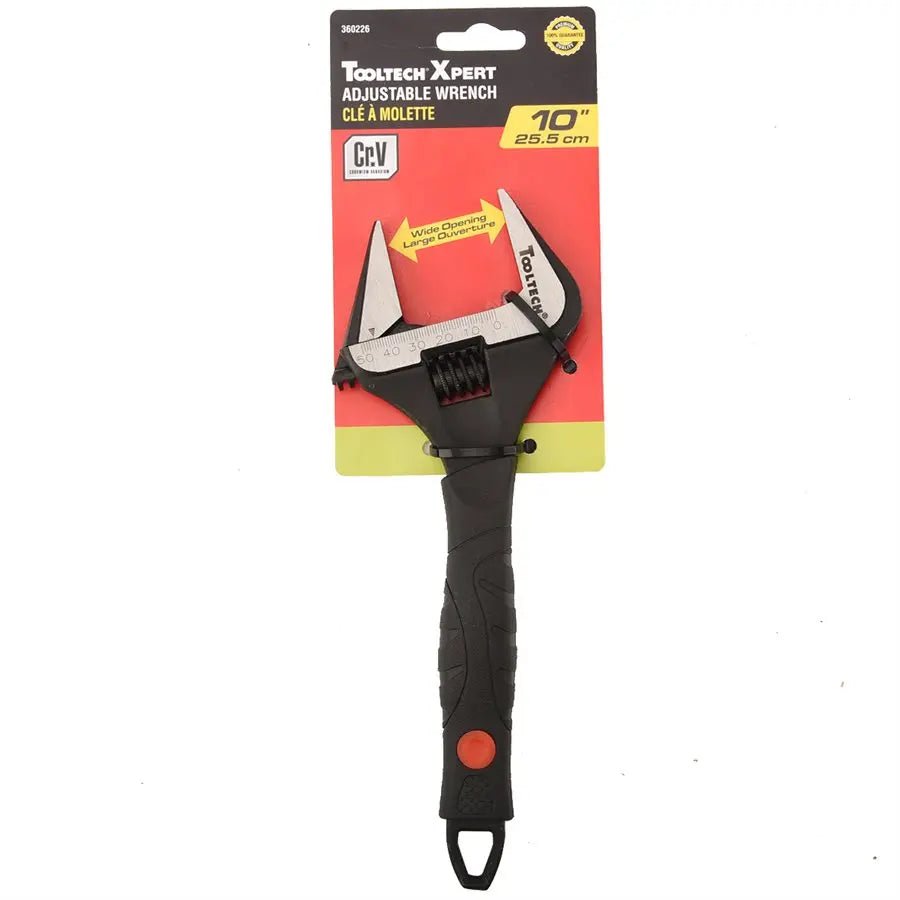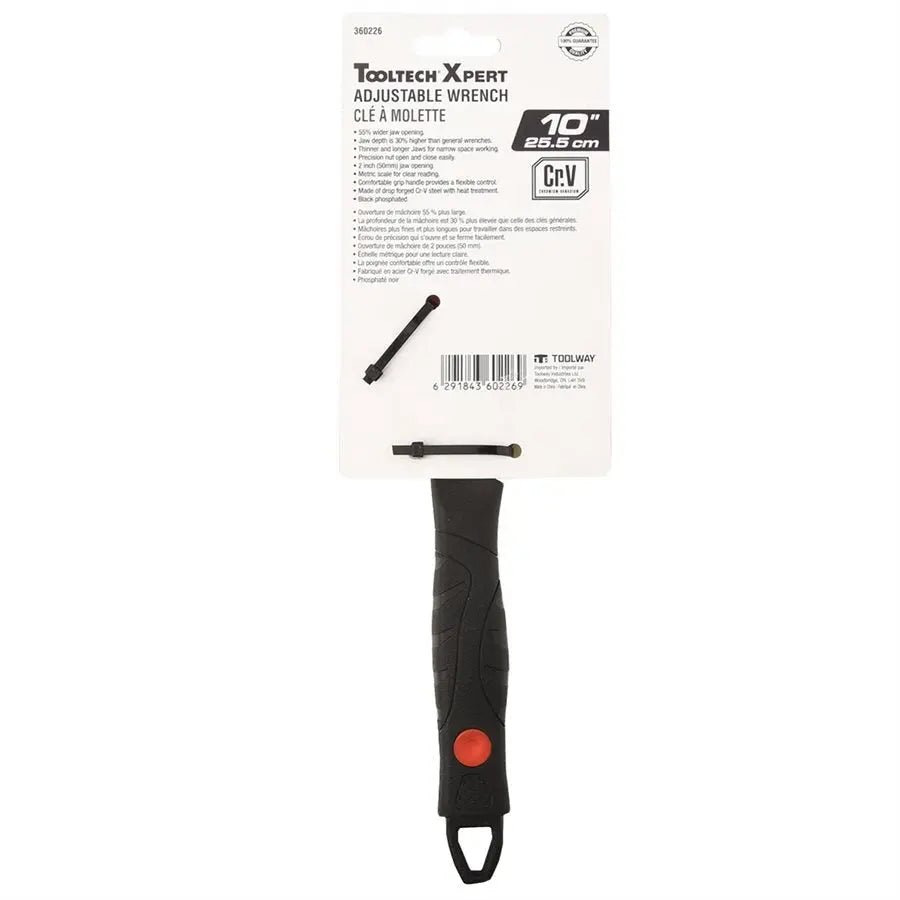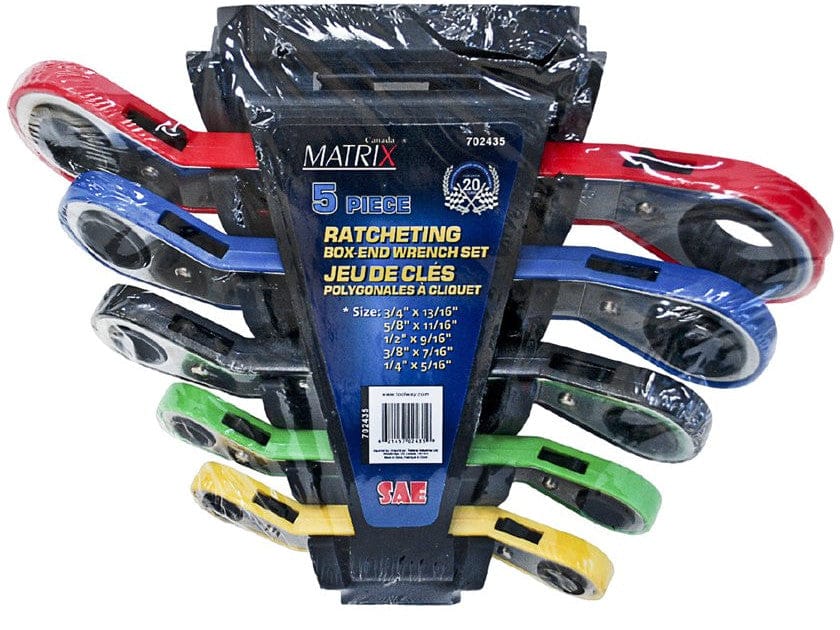Wrenches
3 products
Showing 1 - 3 of 3 products
Showing 1 - 3 of 3 products
Display
View

Adjustable angle grinder wrench
Sale price$2.99


Screwdriver 7 in 1 w/ Wall Clip Tooltech
Sale price$8.99

Ratchet Wrench Box End 5pc SAE
Sale price$24.99
Filters (0)
